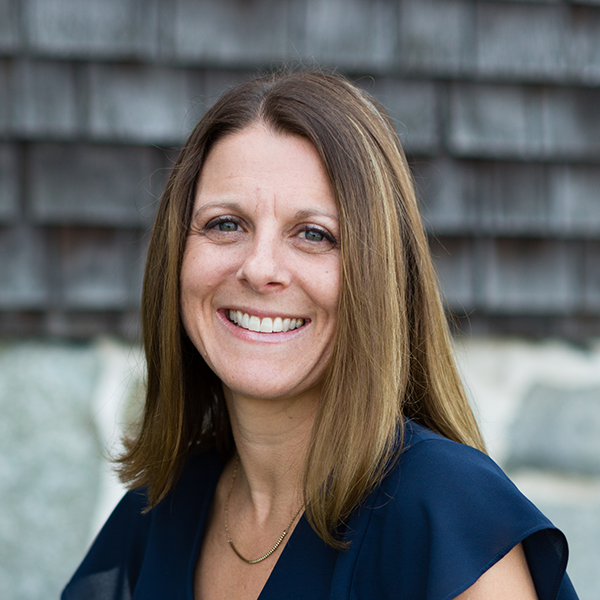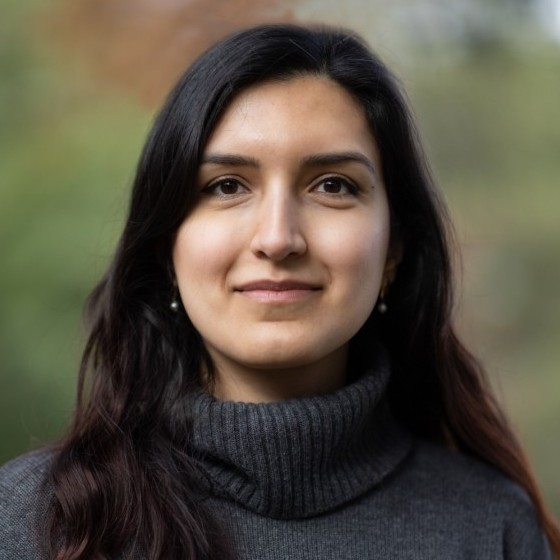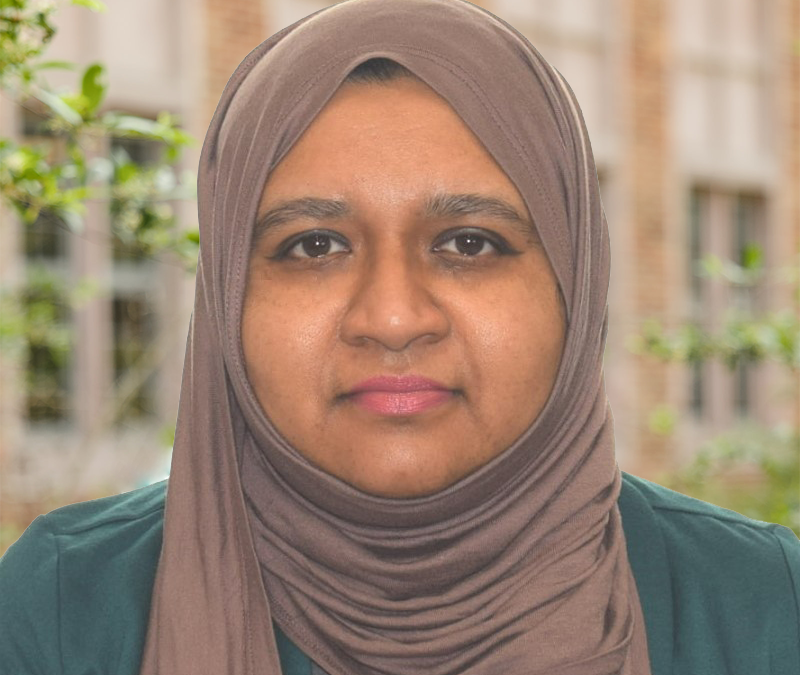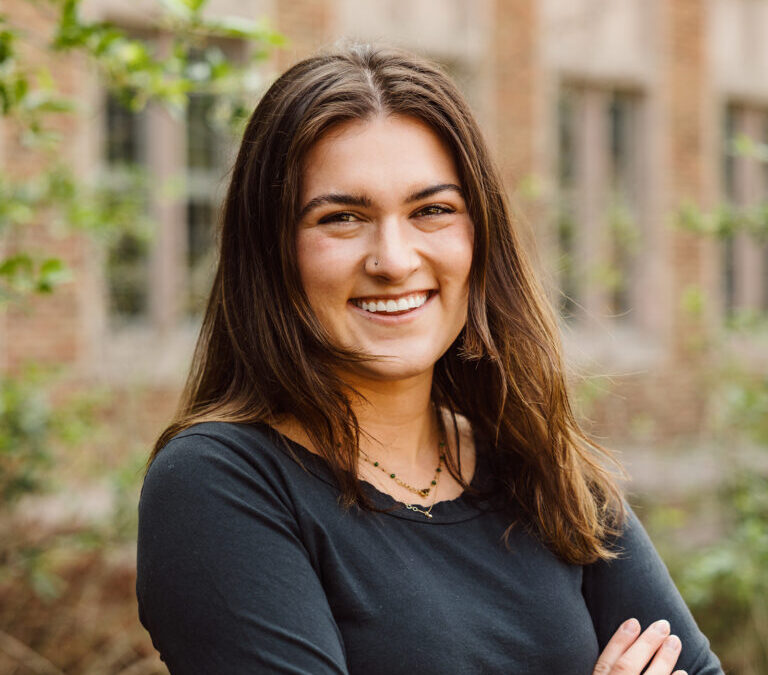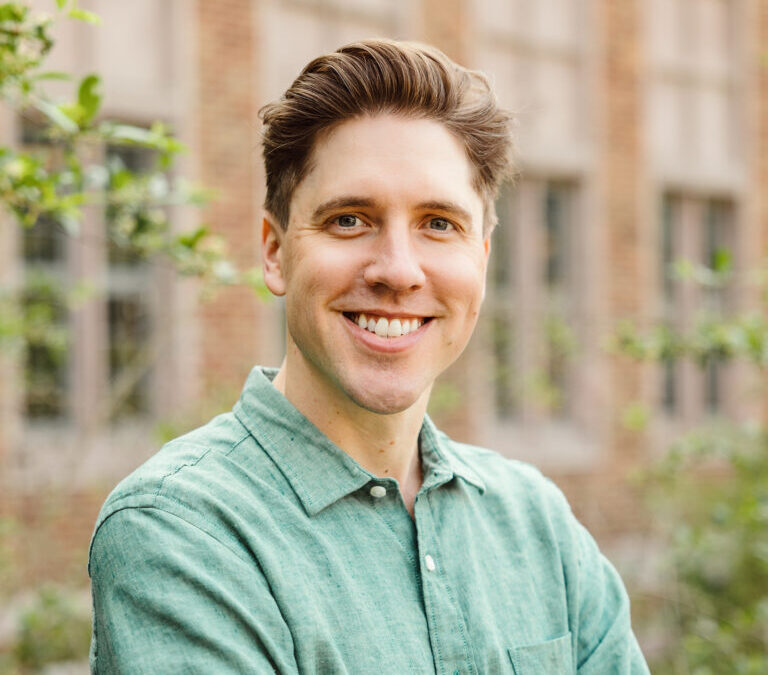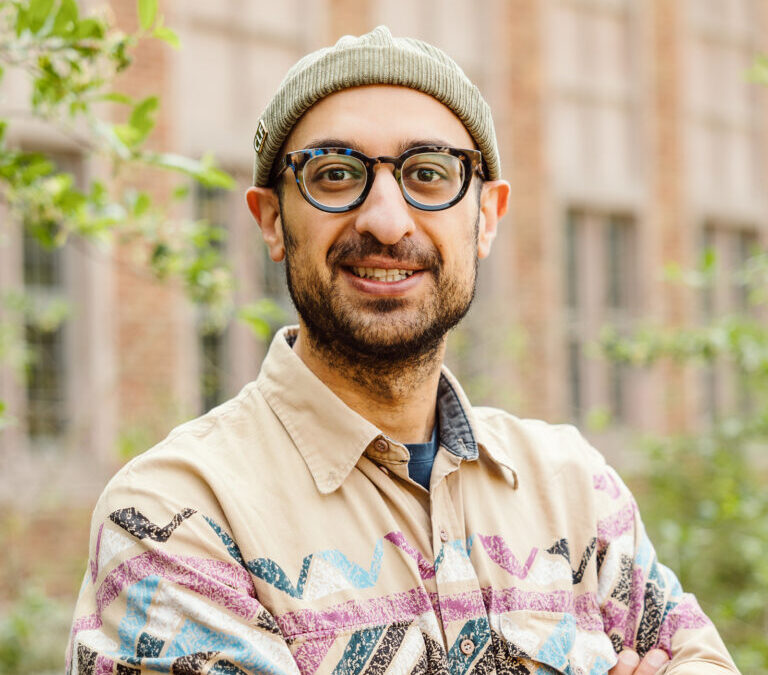Research Assistant, UW
Karisha is a research assistant at the University of Washington (UW). She is currently pursuing a Master of Science from the School of Environmental and Forest Sciences at UW. Prior to joining CLF, Karisha was an environmental consultant where she carried out environmental impact assessments and compliance studies for Southeast Asia’s infrastructure development projects. Within 3 years of her professional experience, she was involved in the development of 15+ renewable energy projects across Asia. Through her involvement in these projects, she came to recognize that a gap in decarbonization exists, which cannot be solely addressed by renewable energy measures. This sparked her interest in embodied carbon and life cycle assessments. Karisha is also passionate about exploring key enabling conditions, such as policies, regulations, and practices to support decarbonization. She plans to leverage her academic and professional experiences to apply an interdisciplinary approach that would contribute to this field of research and hopefully beyond.
by Karisha Shahnaz Hariadi
The global effort to combat climate change has predominantly centered on mitigating operational carbon emissions in key sectors by significantly expanding renewable energy infrastructure. This idea motivated me to become an environmental consultant to support the public and private sectors in securing government approval and international funding for the construction and operation of renewable energy plants in my home country, Indonesia. In just 3 years of professional experience, I was involved in the development of 15+ utility-scale renewable energy projects across Asia, including Indonesia, Vietnam, and Singapore. The studies that I mainly prepared are known as ESIA, or Environmental and Social Impact Assessments. In an ESIA, the potential impacts of a project throughout its lifecycle (i.e., from land preparation to decommissioning) are identified to formulate effective management and monitoring strategies to avoid and mitigate such impacts.
While carrying out a greenhouse gas (GHG) accounting for a project, I started wondering: How can we further reduce the carbon footprint of these large-scale infrastructure projects? While renewable energy plants typically have lower direct emissions than fossil fuels, the indirect emissions across the entire value chain (i.e. Scope 3 emissions) still contribute significantly to GHG emissions. As I delved deeper into the intricacies of climate change mitigation strategies, I realized that addressing indirect emissions is equally crucial to meeting our climate targets. This led me to the concept of embodied carbon and its quantification method, life cycle assessment (LCA), to explore ways to minimize a project’s embodied carbon. This sparked my desire to continue my academic journey and pursue a Master of Science from the School of Environmental and Forest Sciences (SEFS) at the University of Washington.
Being part of the Carbon Leadership Forum (CLF) and the Center for International Trade in Forest Products (CINTRAFOR) at UW provides me with ample opportunities and resources to explore bio-based material innovations, such as mass timber, as a way to reduce embodied carbon in the built environment. At CLF, I explore the current state of knowledge and practice of mass timber construction as a substitute for carbon-intensive materials and its biogenic carbon accounting methodology. With the information obtained through literature reviews and stakeholder interviews, we aim to disseminate the latest scientific findings, gaps, and ongoing efforts in mass timber construction to drive investment where it’s valuable. Collaboration between CINTRAFOR and the policy team at CLF explores key enabling conditions such as policies and regulations to support the adoption of mass timber in the U.S. and hopefully beyond.
As I embark on this new chapter of my work, I am committed to leveraging my expertise and passion to support CLF’s mission to eliminate embodied carbon in buildings, materials, and infrastructure. Looking ahead, I plan to leverage the knowledge and skills I gain to seek innovative decarbonization pathways for the built environment and infrastructure projects in Indonesia. By harnessing the collective power of innovation, collaboration, and advocacy, I am confident that we can accelerate the transition to a low-carbon future. We have the opportunity to make a meaningful impact and create a more sustainable and resilient world for future generations, so let’s take that opportunity with unwavering confidence and dedication.
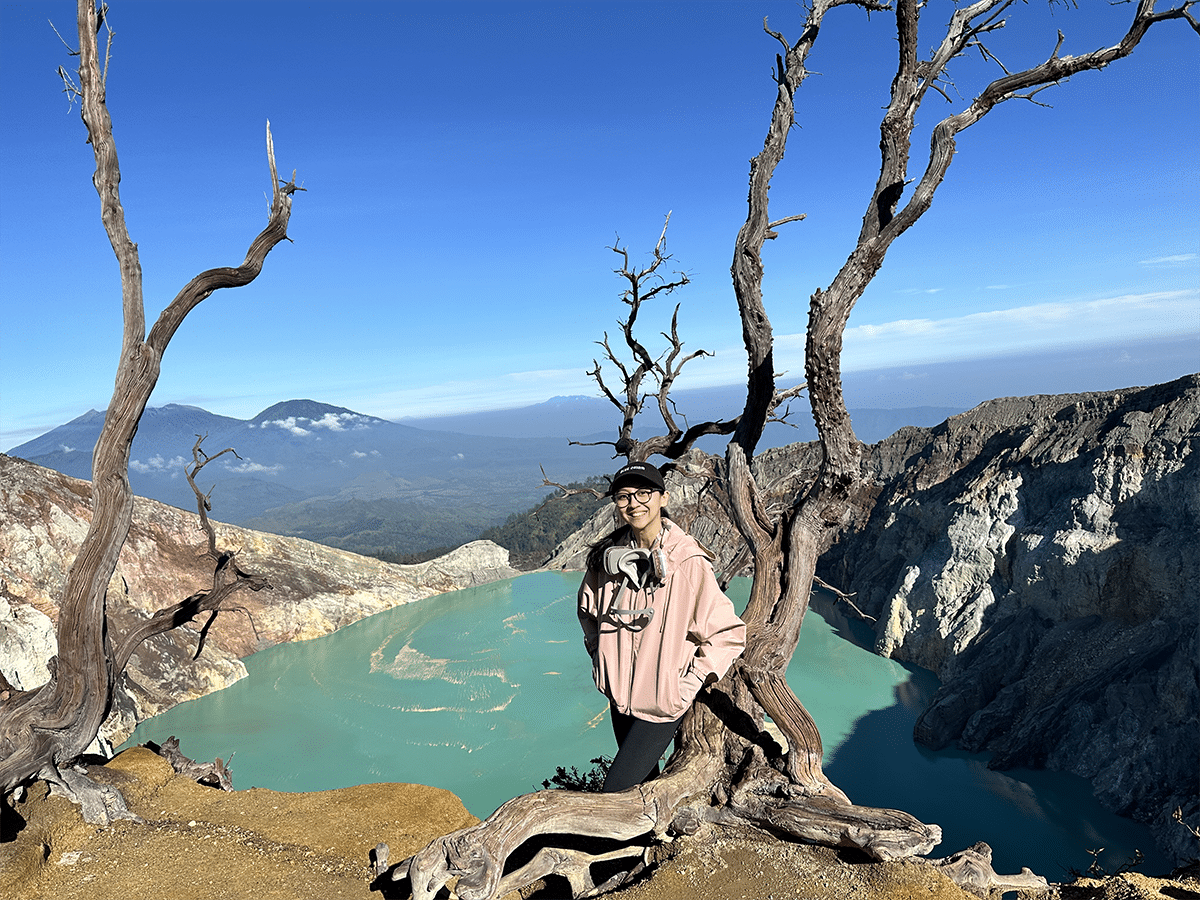
Karisha hiking the Ijen Crater, East Java, Indonesia
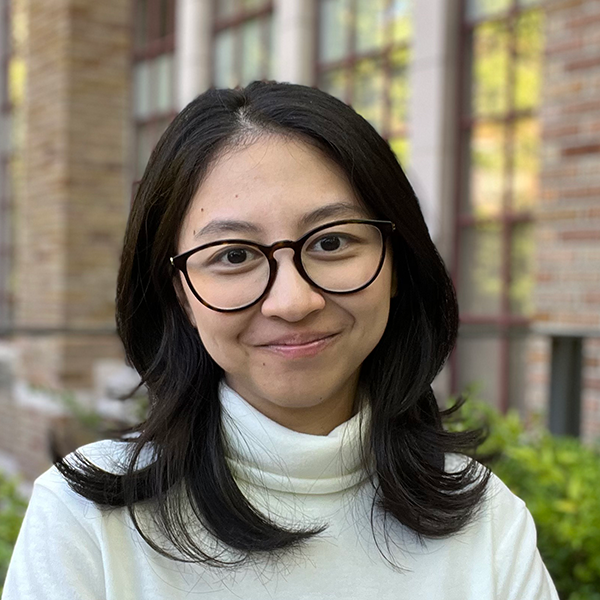
While renewable energy plants typically have lower direct emissions than fossil fuels, the indirect emissions across the entire value chain (i.e. Scope 3 emissions) still contribute significantly to GHG emissions.
